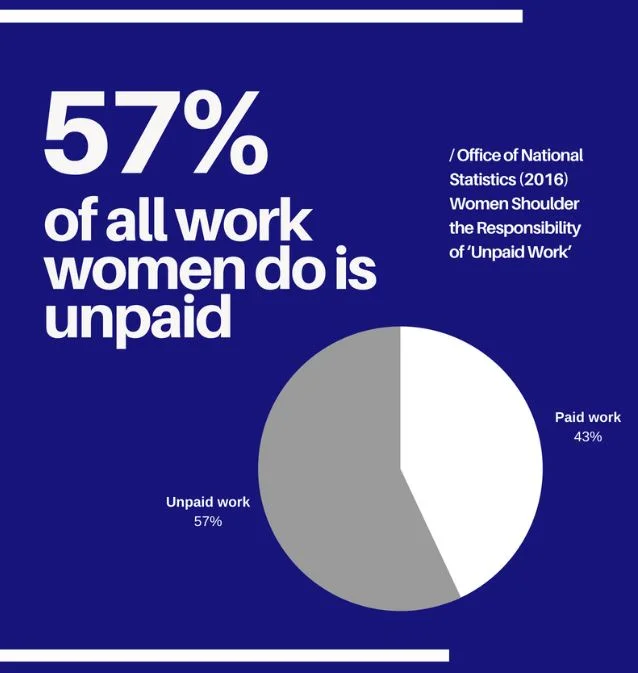
Why Does It Matter: Equal Pay and You
Grace Maxwell Brown, PhD Student
Forty-eight years ago, the Equal Pay Act established the first law of equal pay for equal work. Yet how much has changed? Currently, 57% of all work women do is unpaid[i]. There is no sector in the UK that pays women more than men[ii]. At the current rate, the gender pay gap is not set to close for another twenty-four years[iii]. Women miss out, on average, £47,000 over the course of their careers in pension contributions[iv]. Progress has been made over the past forty-eight years but issues remain; issues that can be tackled by upholding the basis of that original law: equal pay.

By doing one thing – paying men and women the same for equal work – employers can achieve many things. Ensuring equal pay would narrow the gender pay gap, ensure that women’s pension contributions would rise, decrease the high incidence of relative poverty in later life (which affects more women than men), and cut the poverty rate for working women by half.
In the wider workforce, the promise of equal pay is an enticement for women to enter into the labour market, an enticement that has the potential to create an extra £150billion of GDP by 2025[v]. Equal pay insists on a fair and transparent system that helps employees but also employers, as it defends the integrity of companies, reduces staff turnover, increases engagement of employees, and makes employees feel more valued. Importantly, men are not set to lose out by women gaining equal pay. In fact, for every 10% increase of women into work, wages rise by 5% for men and women[vi].

Women account for over half of the population and just fewer than half the workforce but they earn only two fifths of a man’s paycheque[vii]. Equal pay matters because it encourages women’s opportunity in the workplace. Equal pay matters because it decreases the burden of men to be the sole breadwinner, work more hours, and sacrifice time with family. Equal pay matters because the system it creates will endure for generations to come. It is for these reasons, and more, that Harcus Sinclair UK Limited are committed, along with Pay Justice, an organisation dedicated to fighting for equal pay in the workplace, to hold those companies to account that have failed to ensure equal pay.

[i] Office of National Statistics (2016) Women Shoulder the Responsibility of ‘Unpaid Work’
[ii] Financial Times (2018): Gender Pay Gap: how women are short-changed in the UK
[iii] PwC (2018): Women in Work Index
[iv] Zurich (2017): £47,000 shortfall in employer pension contributions for women
[v] McKinsey Global Institute (2016): The Power of Parity: advancing women’s equality in the UK
[vi] Harvard Business Review (2018): When More Women Join the Workforce Wages Rise – Including for Men
[vii] Office of National Statistics (2017): Annual Survey of Hours and Earnings
